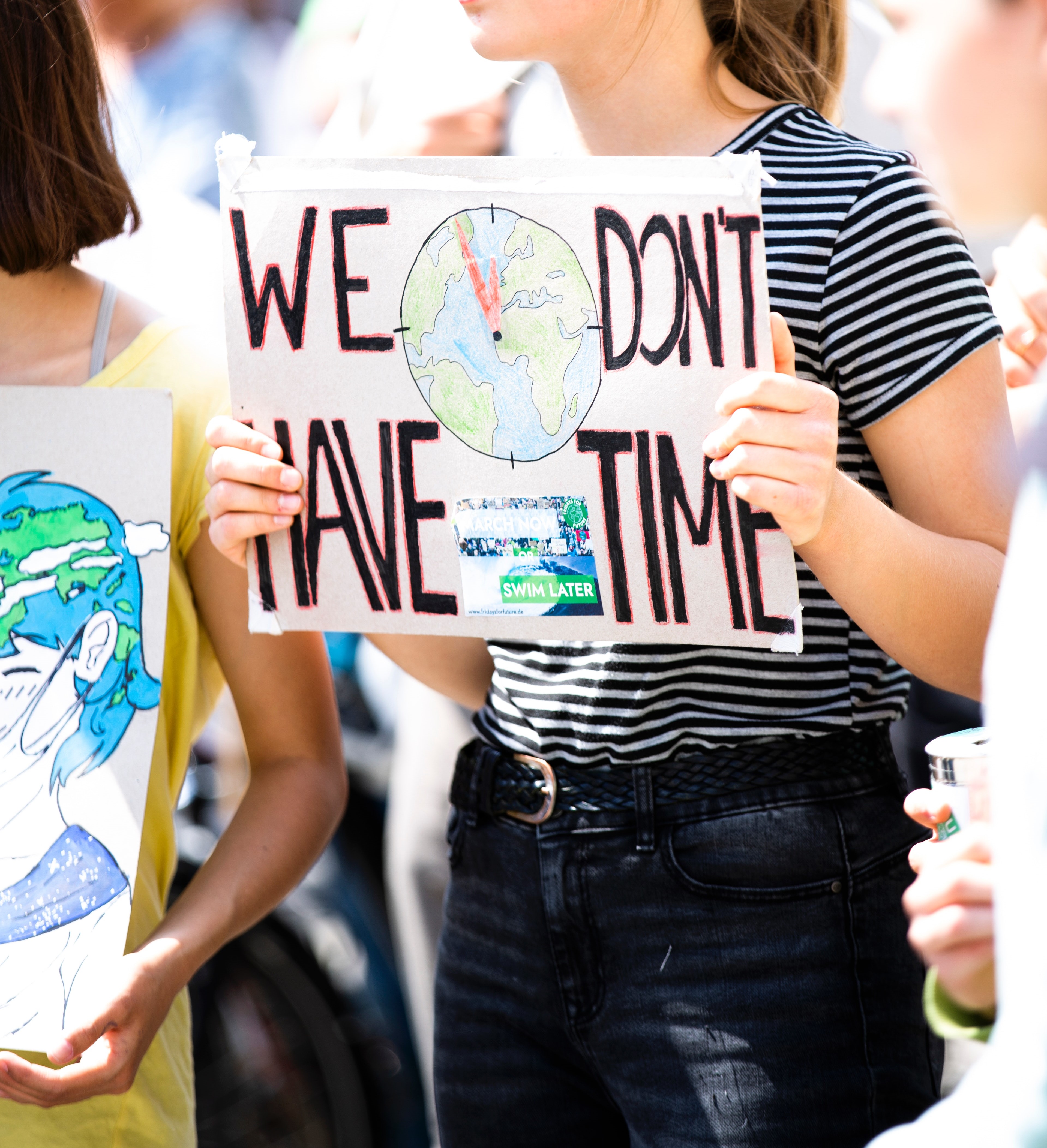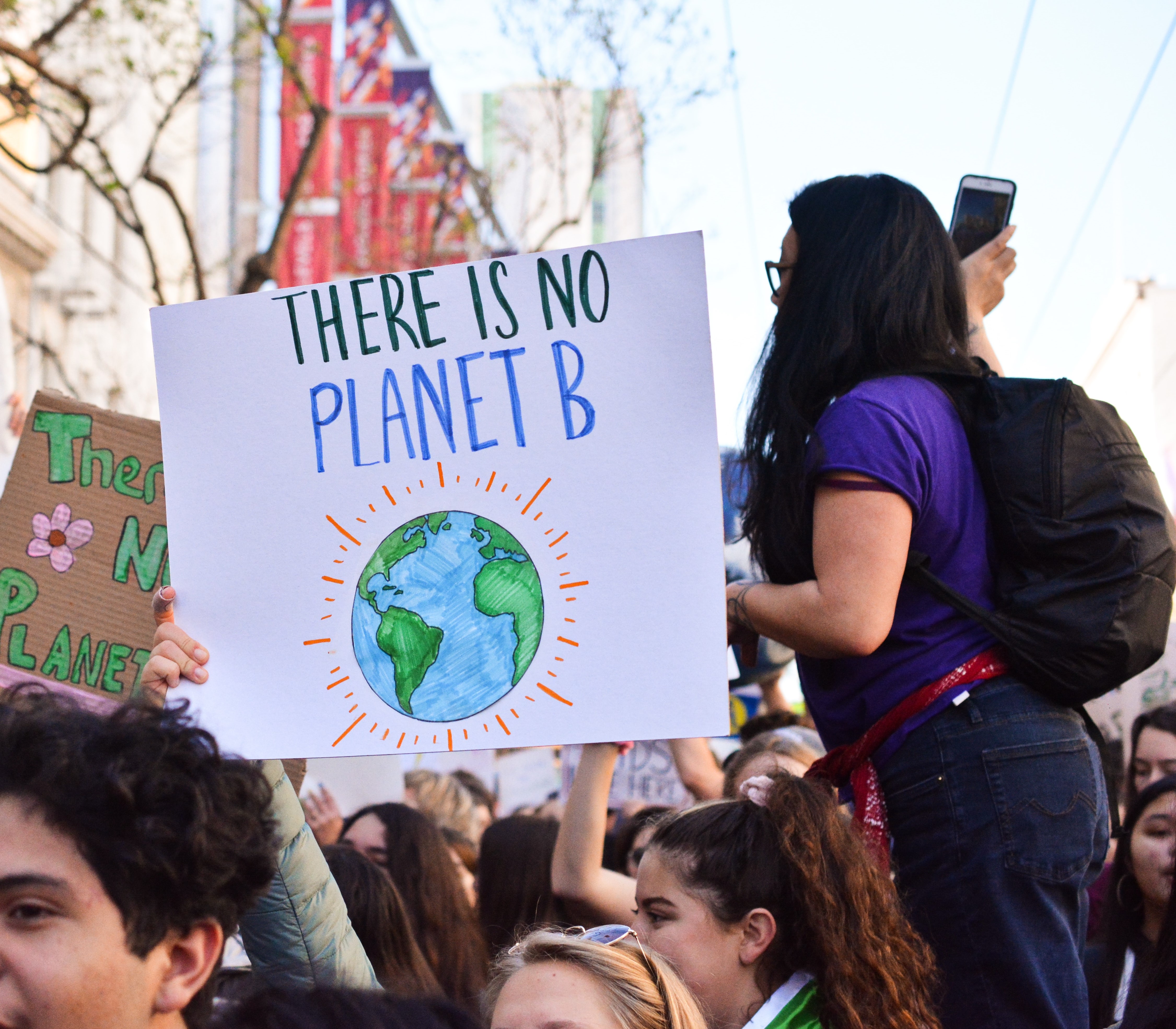“The natural healing force in each one of us is the greatest force in getting well.” ~Hippocrates
The new reality in today’s world is that every day, from now until we solve this crisis, there will be devastating news. The news may or may not directly affect our personal well being, but the feeling of being trapped on a sinking ship is undeniable. We’ve already hit the iceberg and it seems that we have no control of our future.

Climate Trauma is a personal and collective trauma that is ongoing and repetitive.
In one week, we witnessed an extreme heat wave in Europe, hundreds of wildfires burn in the Arctic and the starvation of 200 Reindeer. This month, dozens of Grey Whales have been found on the coast of Alaska as well as dozens of Pilot Whales on the coast of Iceland. Sharks have been swimming close to shore in the cold waters off the coasts of California and attacks are on the rise.
The list keeps going and going, growing and growing. The American Psychological Association has identified the key responses to natural disasters as:
- Intense or unpredictable feelings. You may be anxious, nervous, overwhelmed or grief-stricken. You may also feel more irritable or moody than usual.
- Changes to thoughts and behavior patterns. You might have repeated and vivid memories of the event. These memories may occur for no apparent reason and may lead to physical reactions such as rapid heartbeat or sweating. It may be difficult to concentrate or make decisions. Sleep and eating patterns also can be disrupted — some people may overeat and oversleep, while others experience a loss of sleep and loss of appetite.
- Sensitivity to environmental factors. Sirens, loud noises, burning smells or other environmental sensations may stimulate memories of the disaster creating heightened anxiety. These “triggers” may be accompanied by fears that the stressful event will be repeated.
- Strained interpersonal relationships. Increased conflict, such as more frequent disagreements with family members and coworkers, can occur. You might also become withdrawn, isolated or disengaged from your usual social activities.
- Stress-related physical symptoms. Headaches, nausea and chest pain may occur and could require medical attention. Preexisting medical conditions could be affected by disaster-related stress. Recovering Emotionally from Disaster. (August, 2013). Retrieved from https://www.apa.org/helpcenter/recovering-disasters
The American Psychological Association lists ways to deal with the emotional effects of natural disasters on their website, but does not take in consideration the ongoing and repetitive anxiety and stress that Climate Crisis causes in children, teens and adults. In the future, these effects will be chronic and accumulative.
As a Reiki Therapist and Mindfulness Educator, most of my patients come to me in an effort to reduce stress and anxiety. The demands of every day life are overwhelming in addition to experiencing Climate Trauma. Children, teens and adults are exhibiting signs of chronic stress which has a profound effect on physical, mental and emotional health and well being.
The following techniques and practices are some of best ways to decrease stress and anxiety related to Climate Trauma when practiced regularly and mindfully. They are suitable for all ages and can be modified to fit the needs of each individual.
- Reiki – Reiki is a Japanese vibrational energy therapy facilitated by light touch, on or slightly off the body (and remotely from a distance), that balances the human bio-field (electro-magnetic living field). It is a gentle, non invasive healing modality that works to balance the energies of the mind, body and spirit in an effort to achieve inner and outer well being. The most common benefits are stress reduction and deep relaxation. Visit LAX REIKI to learn more about Reiki.
- Meditation – Meditation has the ability to calm the mind during times of stress and anxiety. It can be done almost anywhere and can be as simple as focusing thoughts on the breath or using guided imagery to reduce stress and anxiety. It is possible to learn to meditate on your own, join a meditation class or download a meditation app on your phone to help faciliate your meditation experience. There are online mindfulness & meditation classes especially for children and their parents at Soul Centered Kids Online.
- Breathwork – Learning to use your breath to reduce stress and stress related issues is a powerful skill that benefits everyone of all ages. Taking regular deep breaths has been proven to cut the stress response that is activated in the brain during traumatic events and is instrumental in reducing the effects that chronic stress has on physical, mental and emotional well being. Refer to Web MD to learn several breathing techniques for stress relief.
- Essential oils – Aromatherapy has been used for centuries as a way to treat many ailments and illnesses. They are a great tool to aid in relaxation and stress reduction and can be great layer to the other activities and practices listed here. The essential oils most commonly use for stress and relaxation are: Lavender, Chammomile and Ylang Ylang. Essential oils aren’t just for adults, Plant Therapy has a “Kidsafe” line of single oils and blends just for kids. Their “Happy Place” blend is perfect for kids and teens experiencing climate trauma.
Incorporating Reiki, meditation, breathwork and essential oils into your existing health and wellness routine will give you the tools you need to manage the stress and anxiety associated with Climate Trauma. In doing so, you become an active participant in your own healing journey by reducing the effects that chronic stress has on your physical, mental and emotional health and well being.


